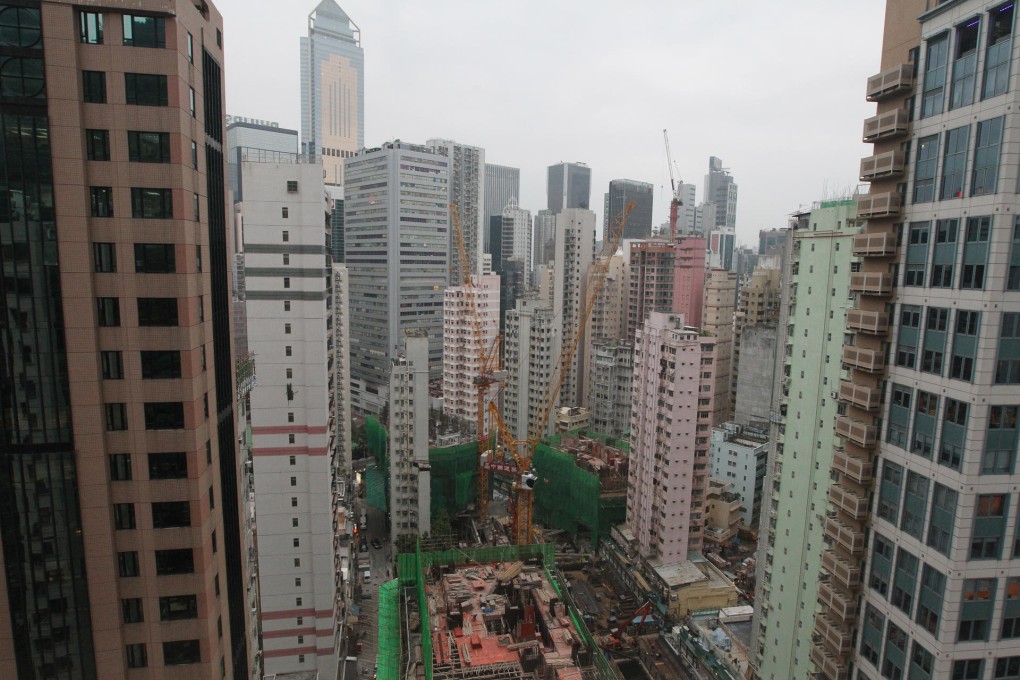Concrete Analysis | Arbitration for land lease modification isn’t a simple matter
While a quicker fix for disputes on lease modifications is the goal, it may be some years before proposed scheme has an impact

The government's proposal that arbitration be used to speed up the resolution of land premium negotiations for lease modification faces several hurdles before it can achieve its stated objective.
First, none of the current government leases contain arbitration clauses, which means neither side can force the issue, as both parties need to agree to go to arbitration.
Given the nature of the lease modification process, there will normally have been several rounds of negotiation before the parties will reach a stage where arbitration will appear to be the best option to resolve the case.
If one party wishes to use arbitration and the other does not, arbitration will not be able to be used to settle the case. An arbitration clause can be added into new leases, but it is likely to be many years before any of these will need to be modified in a significant way.
The procedures to be adopted must be clear and easily understood by all
Second, both parties will need to agree to be bound by the arbitration decision before the process being started, otherwise there will be no way to enforce the arbitration award. This covers against either or both parties being upset by the award and refusing to accept it.
Third, arbitrations are a long and expensive process in Hong Kong, and although the process has statutory backing, it will be essential for the two parties to agree to the ground rules before starting so as to expedite the process to achieve the stated objective of a speedy award.